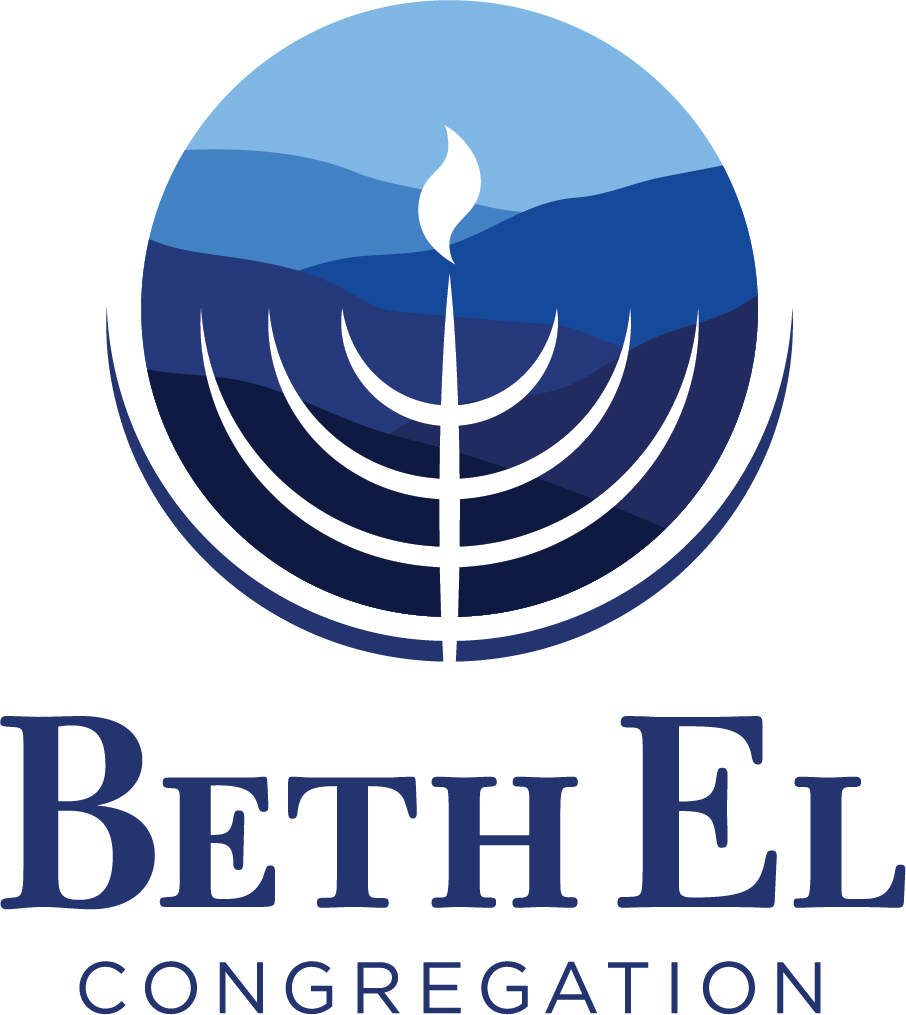D’var Torah – January 3
Shabbat Shalom and Happy New Year!
First and foremost, I pray that this new year of 2025 is filled with good health, great fortune, abundant blessings, happiness, and peace for you and yours.
Without a doubt, one of my favorite movies is 1992’s Last of the Mohicans starring Daniel Day Lewis, Madeleine Stowe, and Wes Studi.[1] In a famous scene, an Englishwoman Cora Munro (Stowe) is about to be burned alive at a Huron village. The hero Hawkeye (Lewis) and the British Army Officer Duncan Heyward (Steven Waddington) intervene and both offer themselves up in place of Cora as they are both madly in love with her. Hawkeye declares to the Huron Sachem, “I am Le Longue Carabine! My death is a great honor to the Huron, take me!” In the end, Heyward sacrifices himself for the woman he loves.
In this week’s parsha of Vayigash* we see a very similar act. As a quick recap: in last week’s parsha of Mikeitz**, an adult (and unrecognizable) Joseph, who his brothers have not seen since they sold him into slavery at the age of 17, tests them to see who they are now. In other words, are they still the jealous and hate-filled siblings who threw him into a pit and sold him into slavery, or have they changed their ways? Having planted his silver goblet in Benjamin’s grain sack (Benjamin being his only full-blood brother, Jacob’s favorite after him, the youngest of all the siblings, and the only brother who did not play a role in Joseph’s enslavement), he demands that Benjamin remain his slave as punishment for this “theft.”
Fast forward to this week, Judah cries out to Joseph, “…please let your servant [me] remain as a slave to my lord [you, Joseph] instead of the boy [Benjamin], and let the boy go back with his brothers. For how can I go back to my father [Jacob/Israel] unless the boy is with me? Let me not be witness to the woe that would overtake my father!”[2]
It is a selfless and noble act. Judah has placed the safety and security of Benjamin and the heart and health of his elderly and saddened father Jacob before his own needs. Judah’s demonstration of integrity and moral fiber in this critical moment leads Joseph to reveal his true identity to his brothers and tells them not to fear him. Judah has passed this most fundamental test of character.
The German-Jewish poet of the Medieval era, Susskind of Trimberg penned, “Who acts nobly, him will I account noble;” Maimonides declared, “No pedigree as noble as virtue, no heritage equal to honor;” finally, the Judeo-Spanish philosopher and poet of the 11th century Solomon Ibn Gabirol wrote, “What is the highest pedigree? Loving kindness to men.”[3]
Judah’s actions serve as an inspiration. And in this new year it leaves each and every one of us with an enduring question and an overt challenge: how will you act nobly, selflessly, and for the sake of others in 2025?
Bizrat HaShem, with God’s love and help, may we all act with the same altruistic nobility that Judah displayed before Joseph and Benjamin not only in this new year so full of promise, but indeed all the days of our lives.
Wishing you a Good Shabbos, a wonderful weekend, and a happy and healthy new year.
L’Shalom,
Rabbi Aaron Stucker-Rozovsky
“Run to do even the slightest mitzvah.” – Ben Azzai (Pirkei Avot 4:2)
